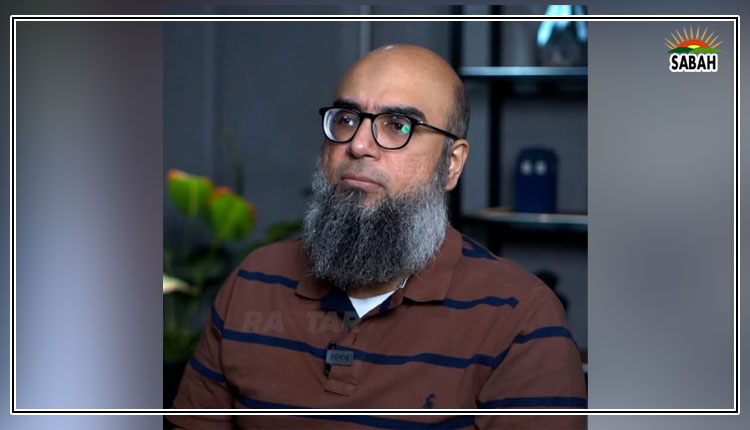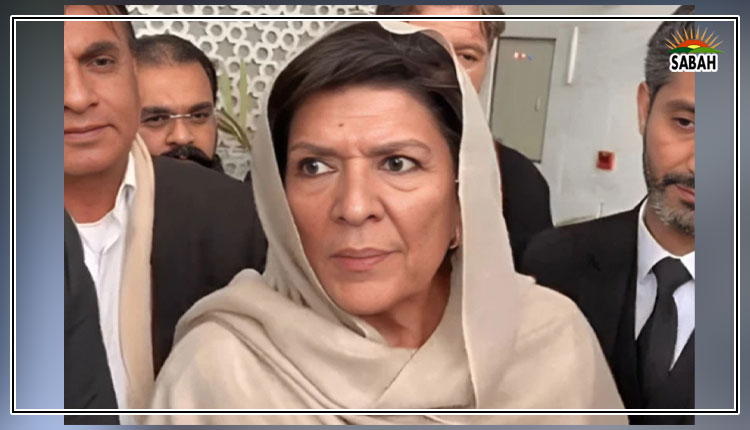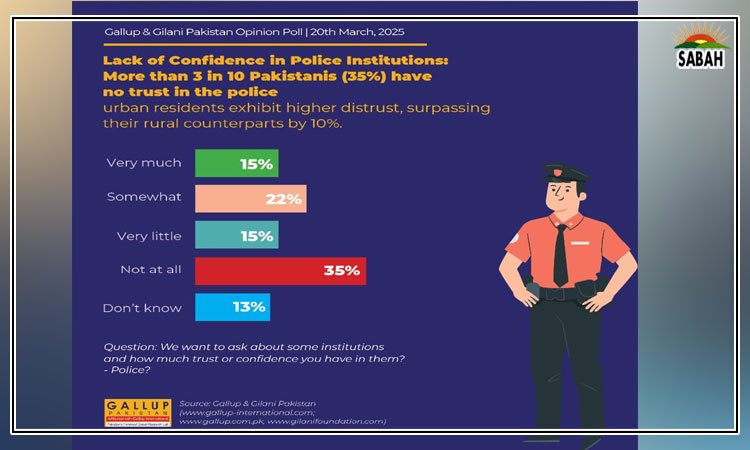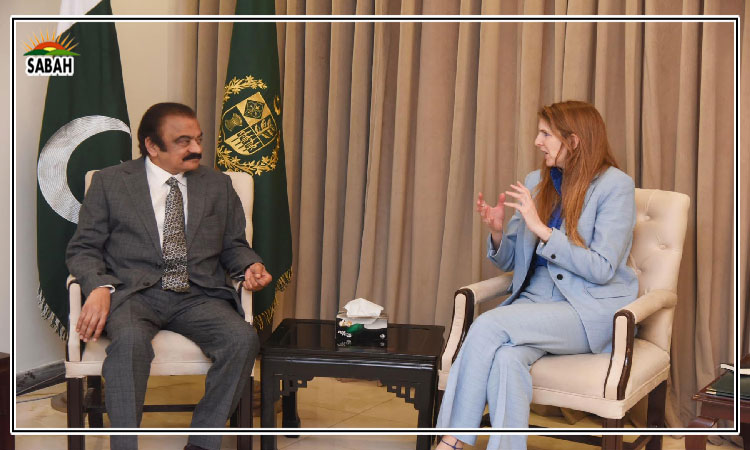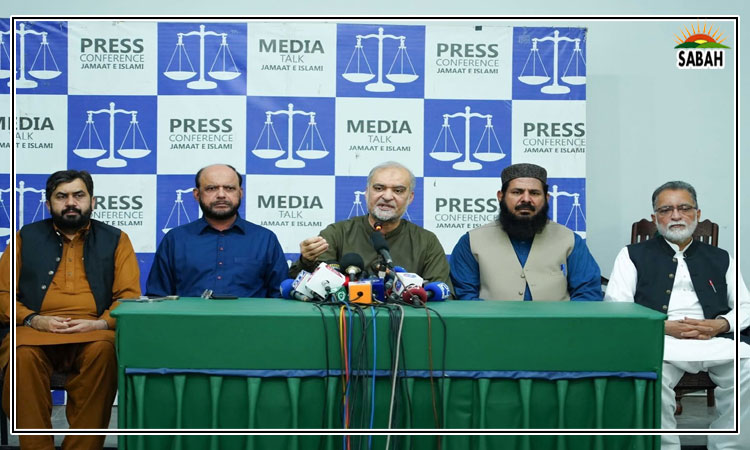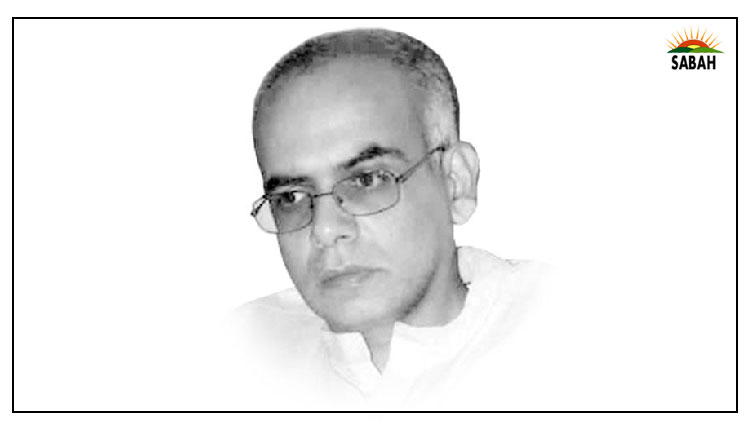Billionaires should become extinct… Syed Mohammad Ali
In sync with a gathering of the rich and famous at the World Economic Forum in Davos, Oxfam, the advocacy focused NGO group, has released its new report on the perturbing and escalating inequalities plaguing our world.
Oxfams latest report, Inequality Inc., cites disturbing statistics. It points out how seven out of ten of the worlds biggest corporations are either headed by a billionaire or have a billionaire as a principal shareholder. Combined, the large corporations are now worth over $10 trillion, which is more money than the combined GDPs of all countries in Africa and Latin America.
While the global south has some super-wealthy people too, the bulk of global wealth is still being accumulated within the global north. Despite representing only 21% of the worlds population, rich northern countries own around 69% of the worlds wealth.
This growing corporate wealth has produced jobs but done little to address inequality. Our global economy is organised in a way that compels poorer people to shoulder the brunt of economic downturns, disasters and conflicts, while the fortunes of the super-rich continue to grow. Despite the widespread destitution brought about by Covid-19, by recurrent climate disasters, and by spiking inflation, the fortunes of five richest men in the world shot up by over 100% since 2020. On the other hand, 5 billion people have now become poorer.
Ordinary people around the world are seen working harder and longer for measly wages not keeping up with inflation. Multitudes of men, women and children also toil away in unsafe and even hazardous work environments, especially within poorer countries where regulation is lax, and even non-existent within the informal sectors.
Increasing inequality is not a natural phenomenon, nor is it an accidental occurrence. Instead, it is a manufactured process. The wealthy have created systems which enable them to continue exploiting labour, evade taxation and further exploit nature to become richer. The accumulation of wealth not only allows the super-rich to indulge in obscenely luxurious lifestyles, it also gives them access to vast amounts of power, which they readily use to influence policies to safeguard their vested interests. For example, the influence of the wealthy on policymakers has enabled average corporate tax rates to fall by around a third in recent decades.
The world urgently needs concerted public action to tax corporations, regulate them and break up their monopolies. At present, only 4% of total global tax revenue raised comes from capital taxes.
Interestingly, in an open letter to world leaders, hundreds of billionaires, and millionaires, from over two dozen countries have called for imposition of higher wealth taxes to help pay for improved public services around the world. Also, a recent poll of more than 2,300 wealthy respondents from G20 countries (who are amongst the richest 5% people in the world) indicated that nearly three-fourths of them supported higher taxes on wealth. While modestly higher wealth taxes would not make a serious dent on the lifestyle of the super-rich, they could help generate billions of dollars per annum for addressing global development goals.
Instead of using divisive agendas to pit blue collar workers against each other based on race or nationality, politicians around the world need to begin harnessing public disgruntlement to legislate for better wages, and to build support for taxing the super-rich. Doing so will be easier now that many rich people have themselves begun to realise that inequality has reached a tipping point, where it risks upsetting the economic, societal and ecological stability of the contemporary world.
Oxfam has pointed out that we presently live in a global economy where it would take 1,200 years for a woman working in the health or social sector to earn what the average CEO in the biggest 100 Fortune companies earns in a year. This situation is untenable. What we need is a world wherein no individual can have a billion dollars. It is perhaps only such a drastic redistribution of wealth which will ultimately help ensure that no person in any part of our already over-exploited world remains deprived of their most basic needs.
Courtesy The Express Tribune


